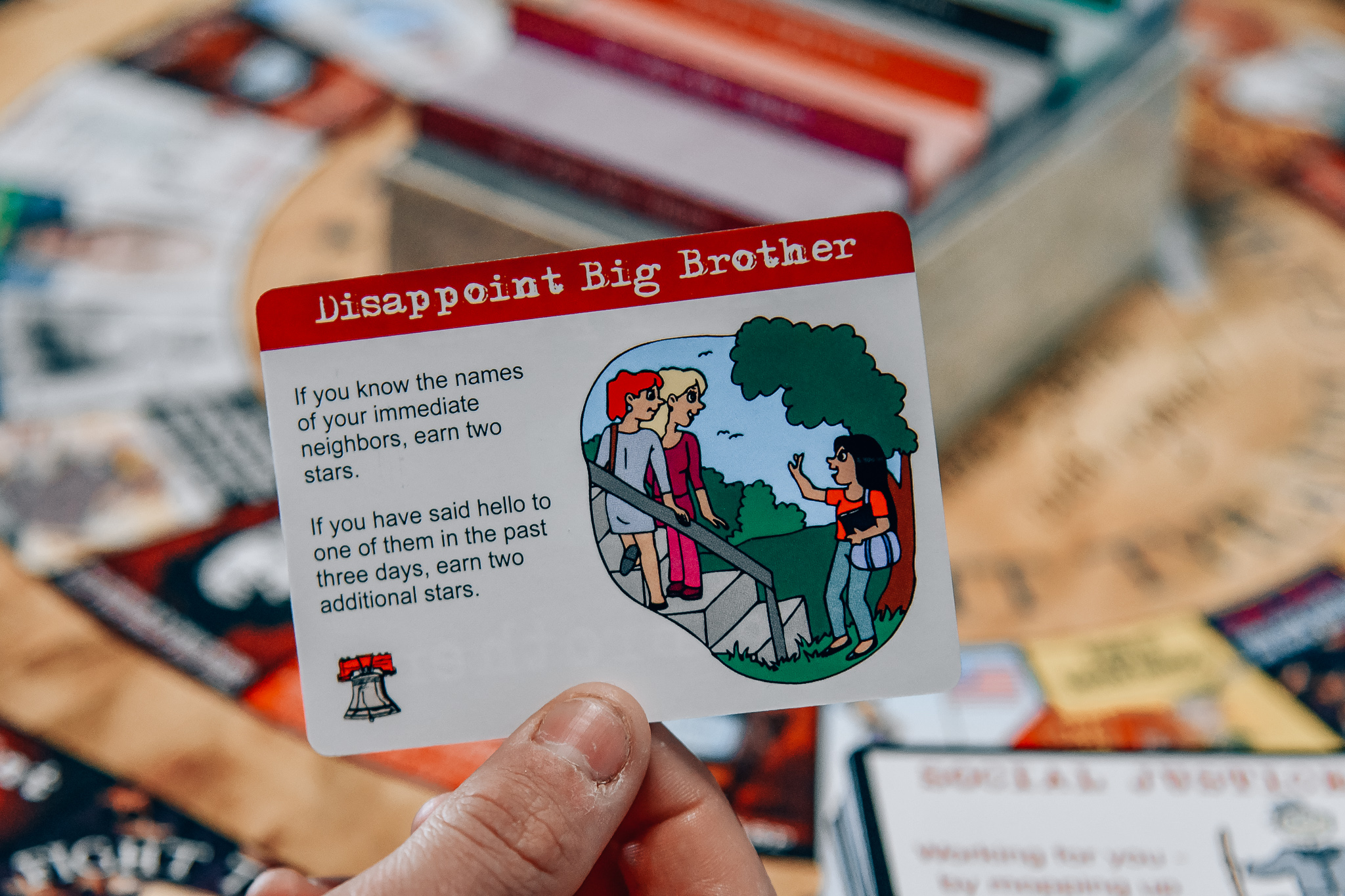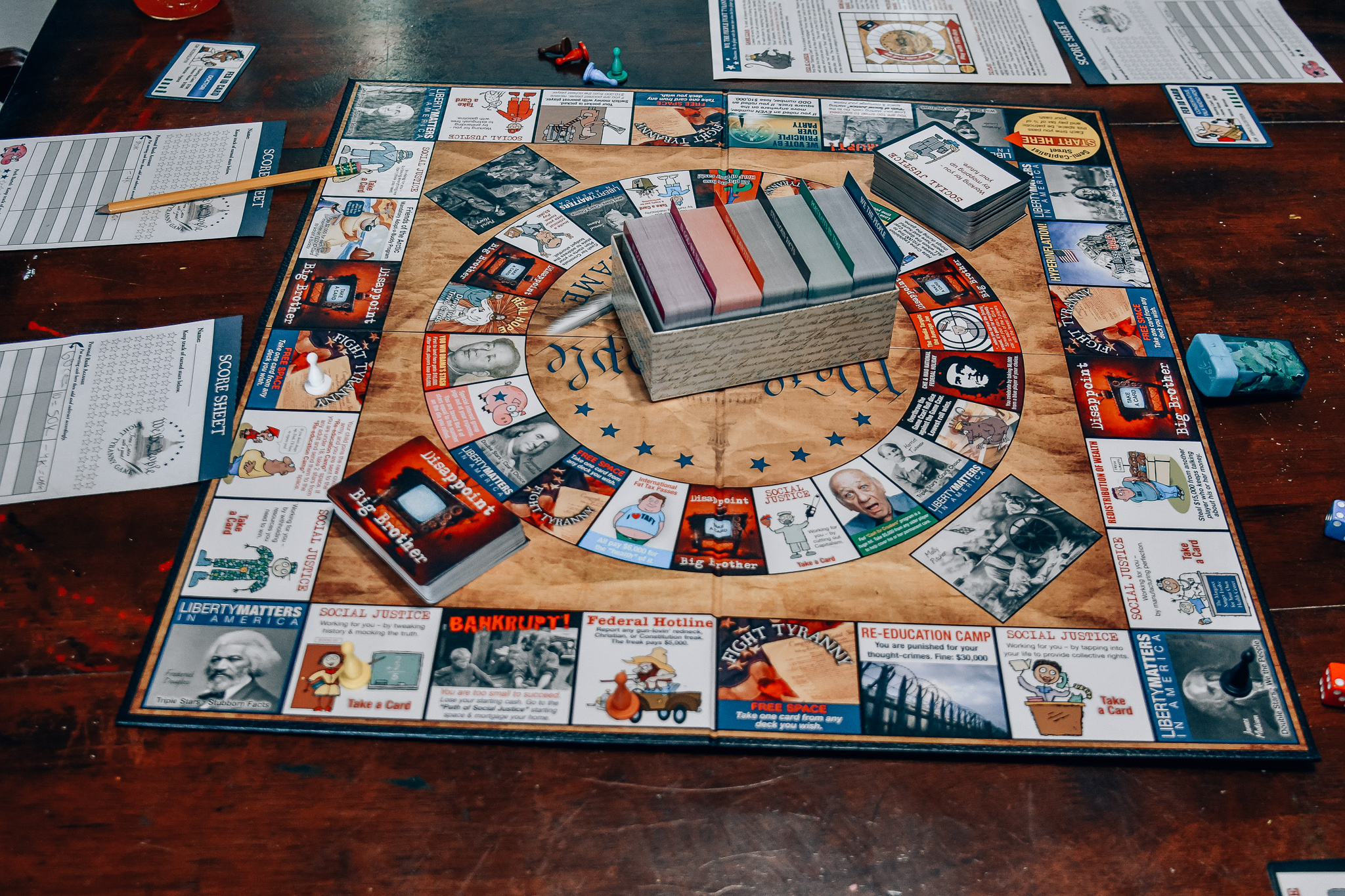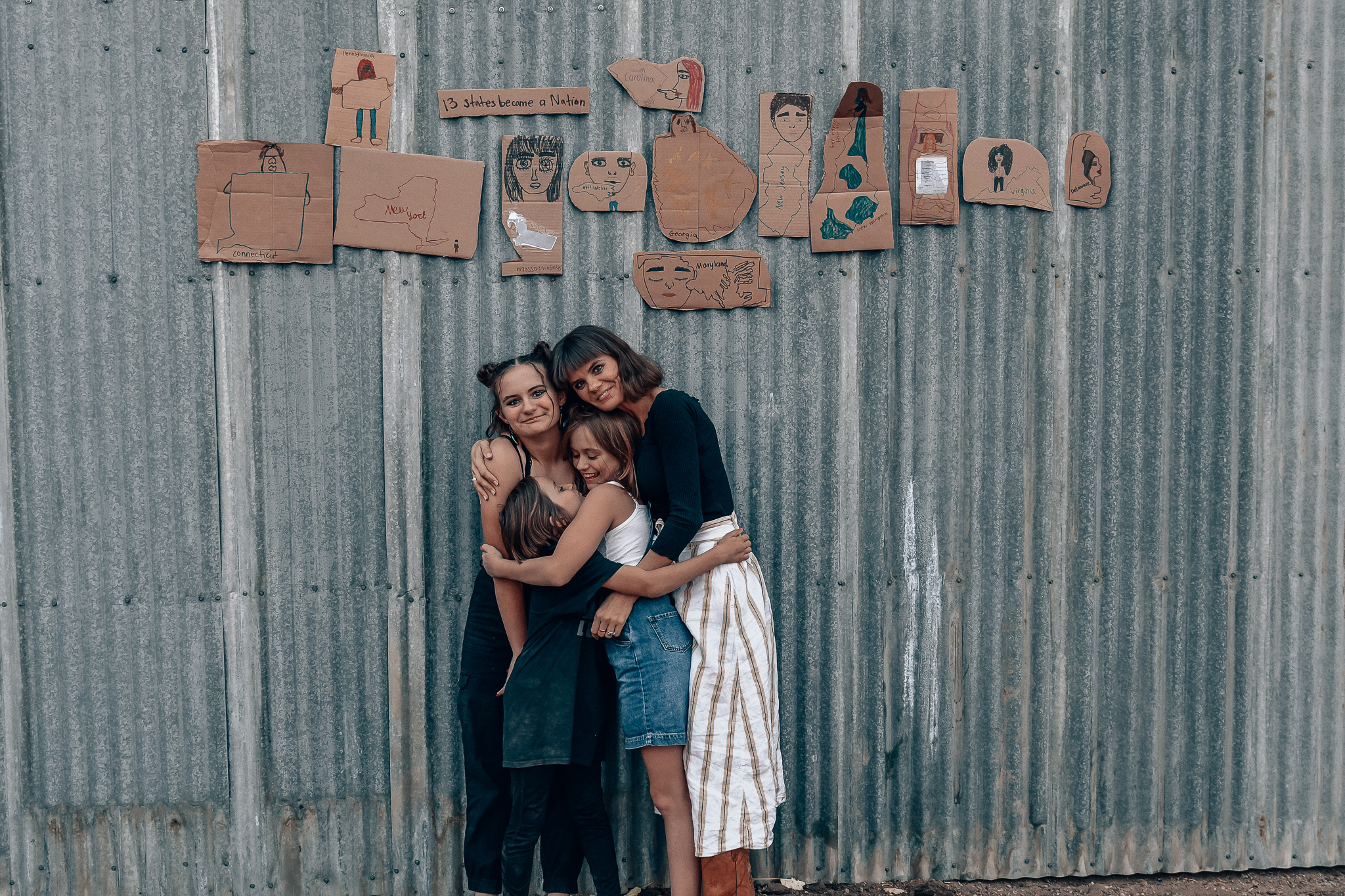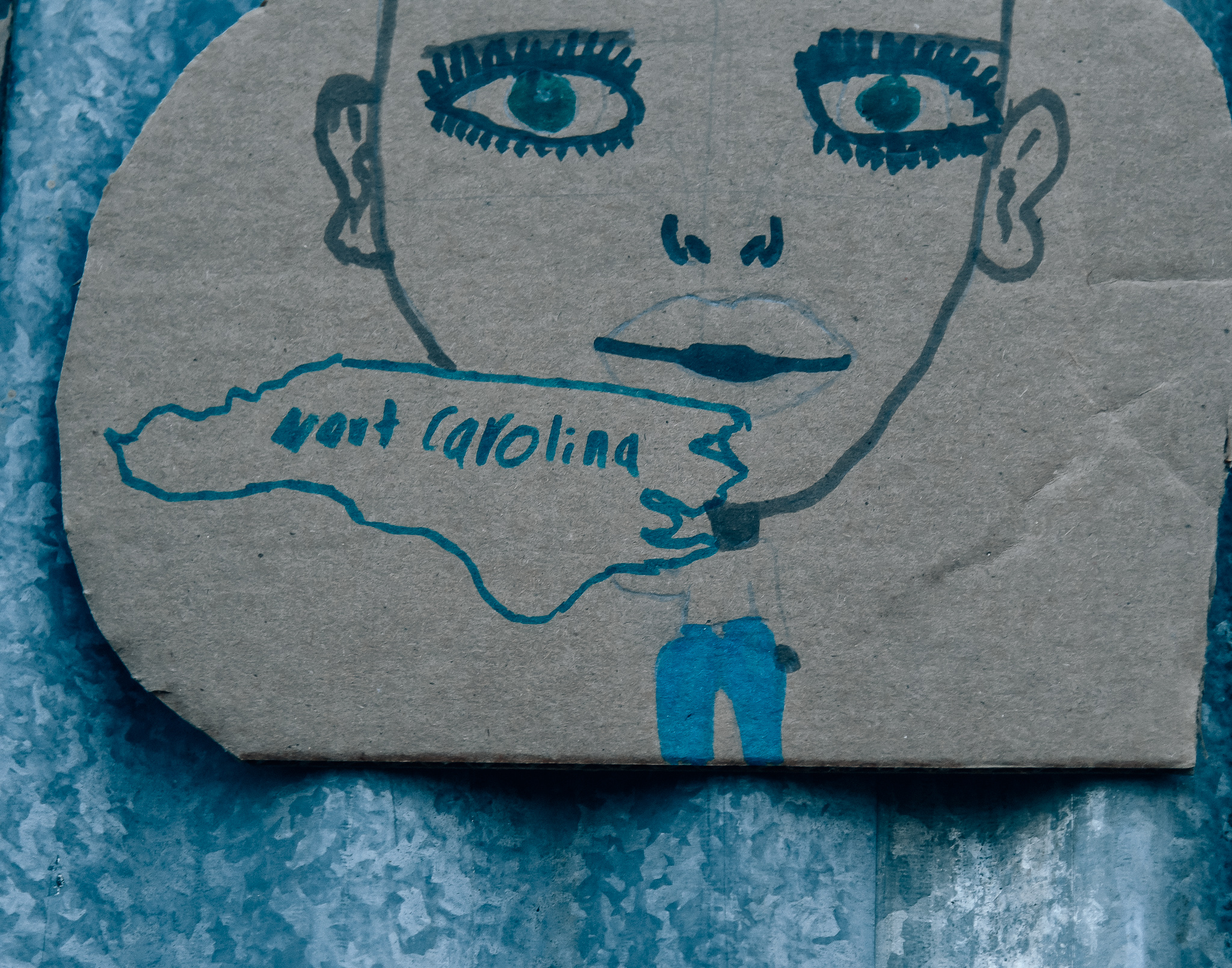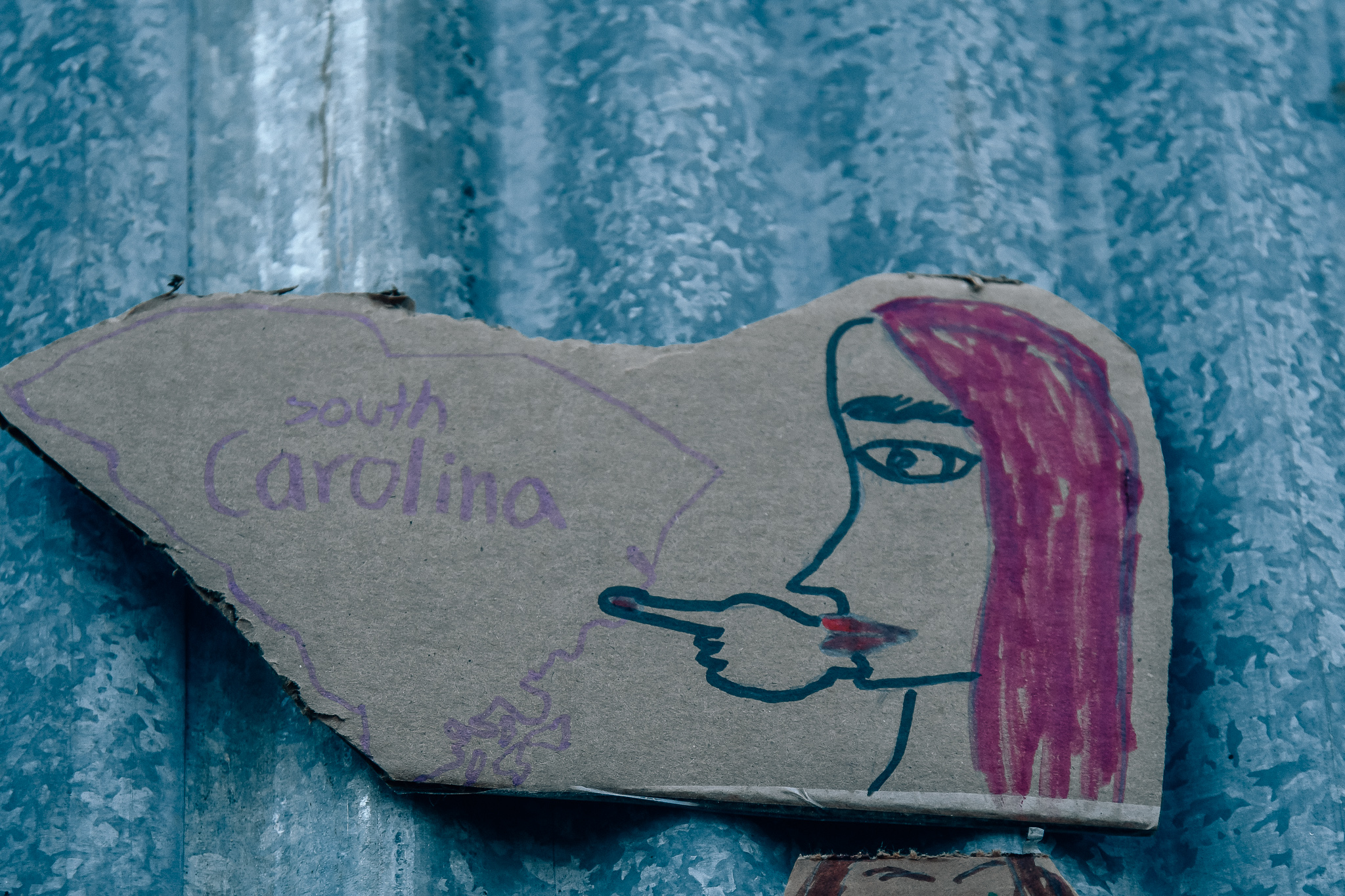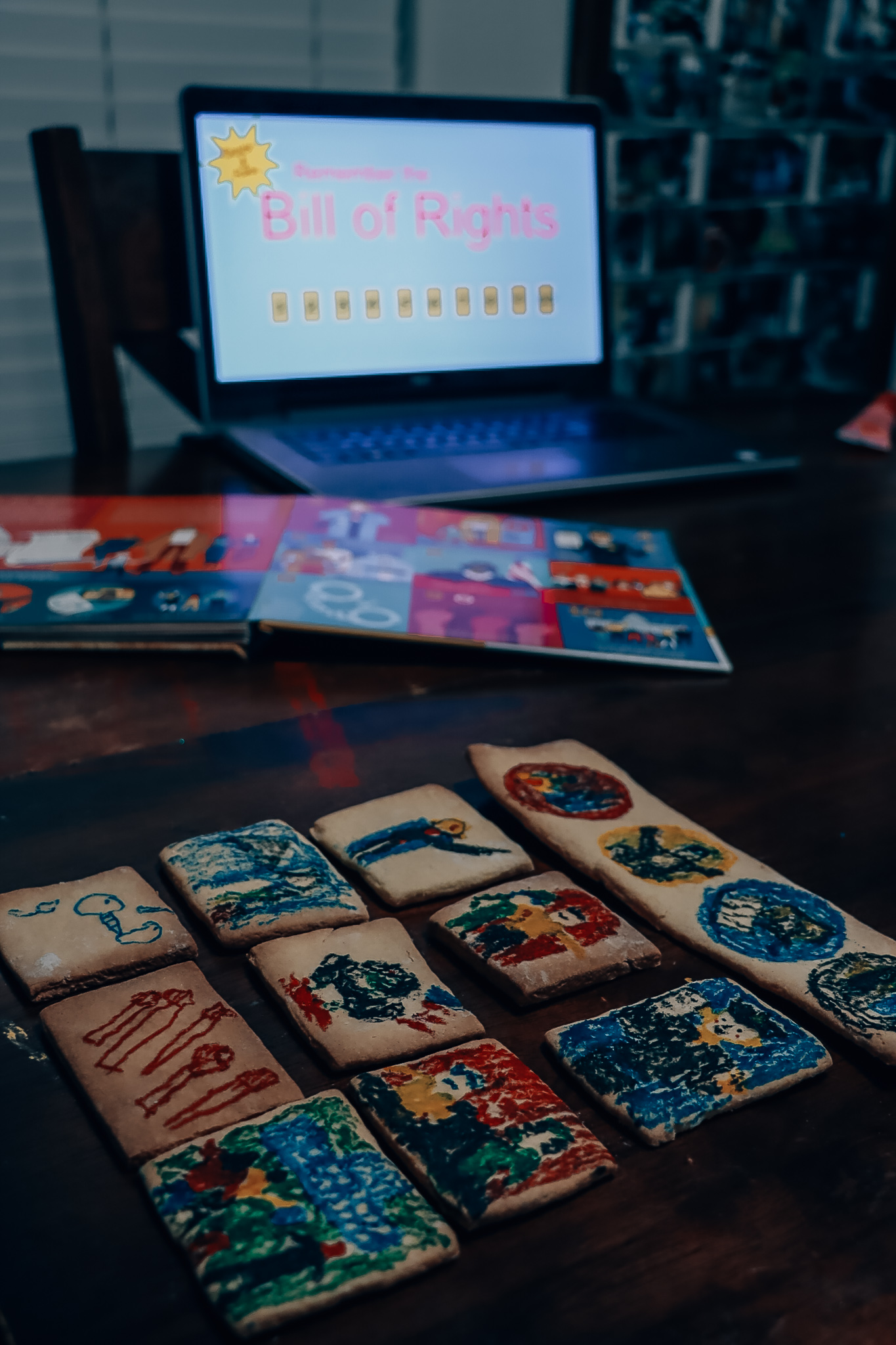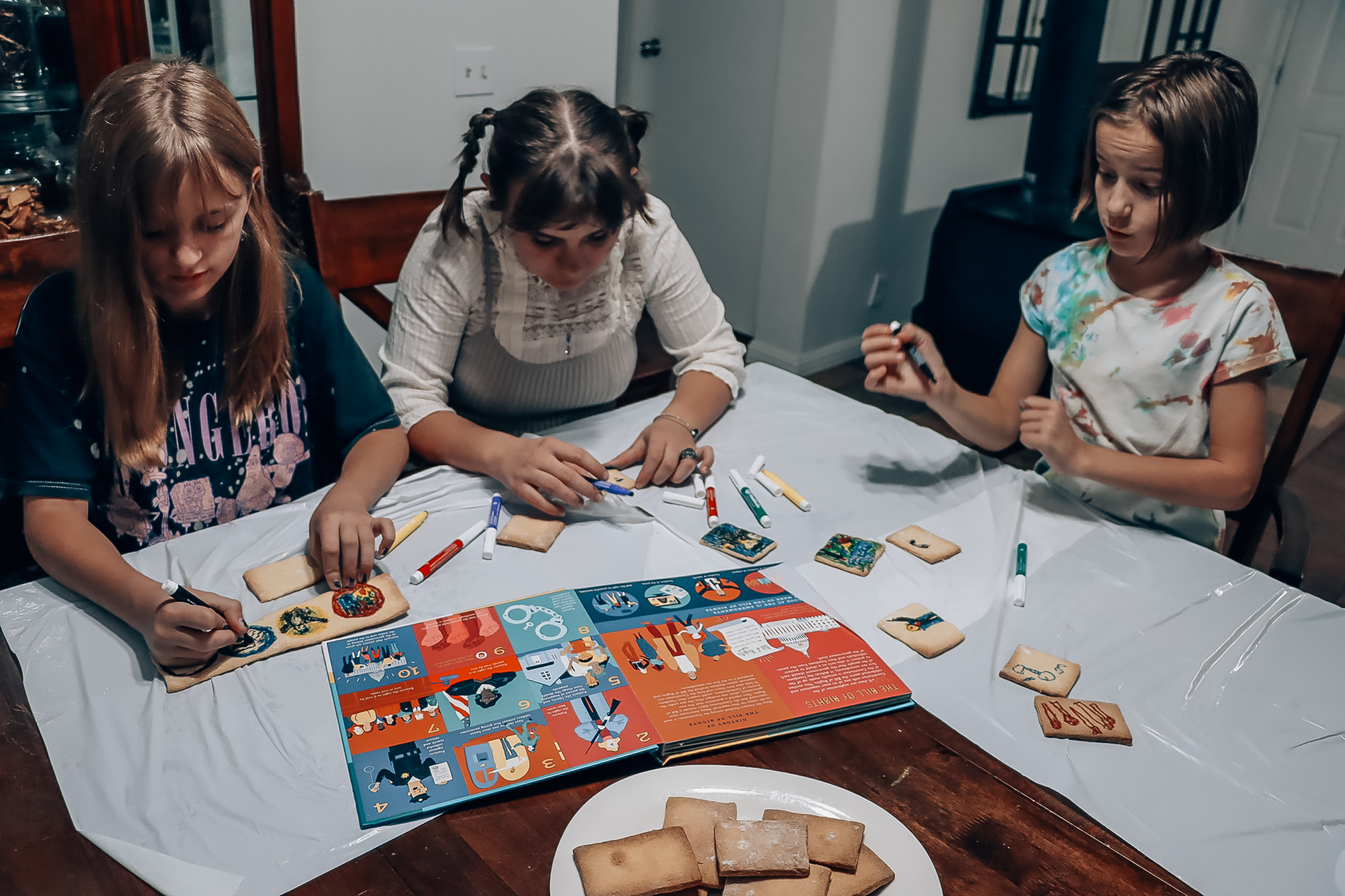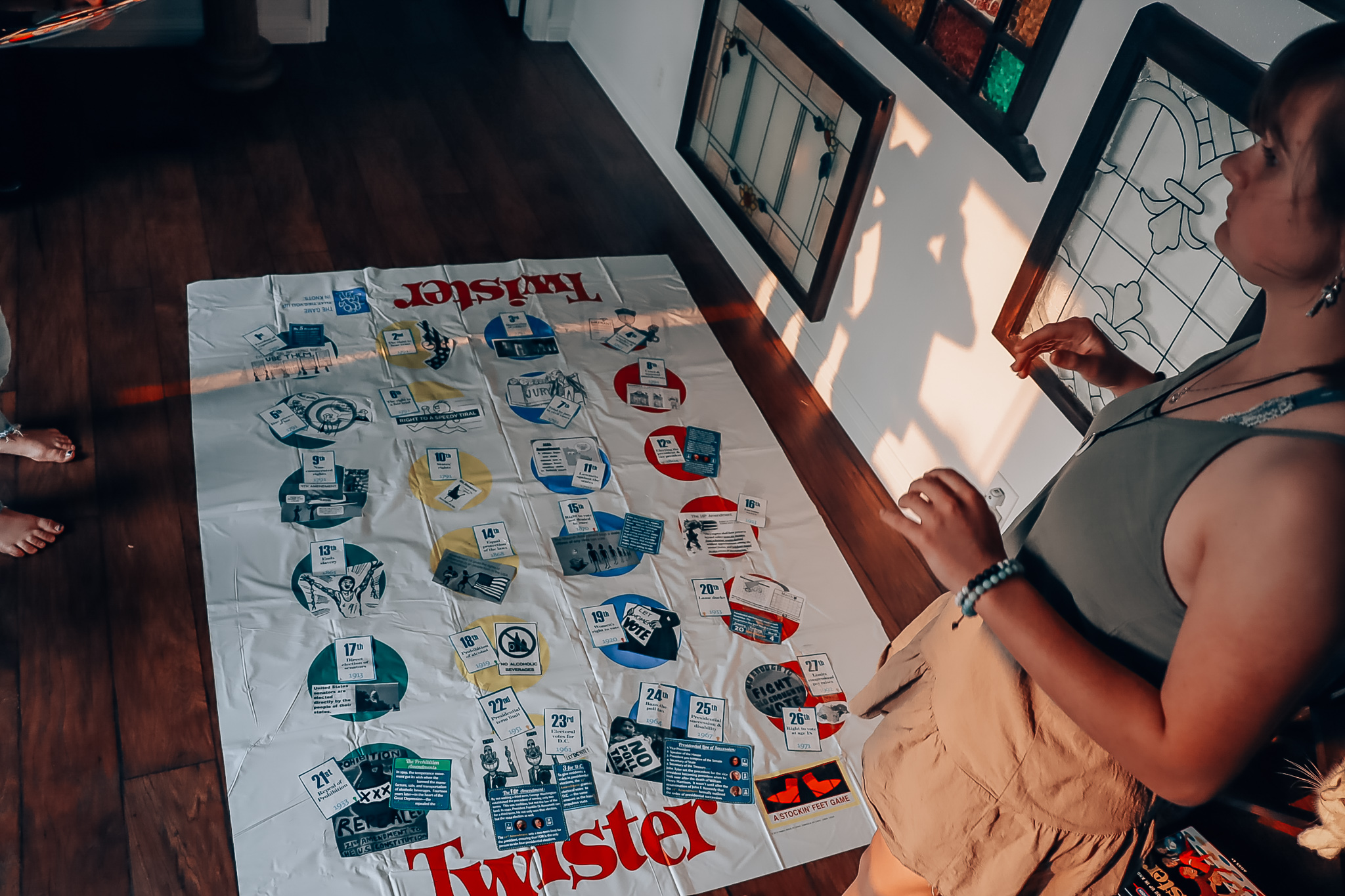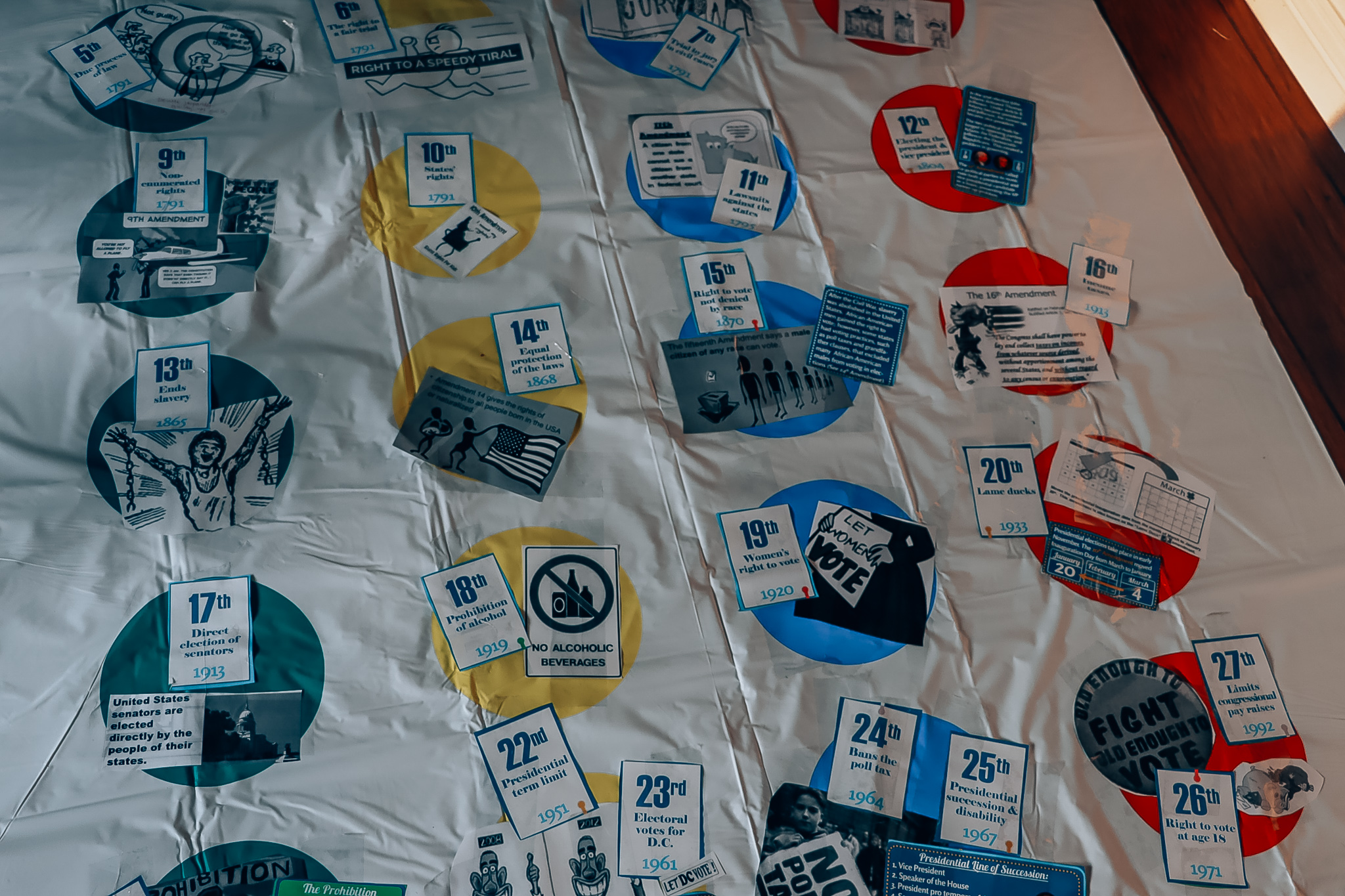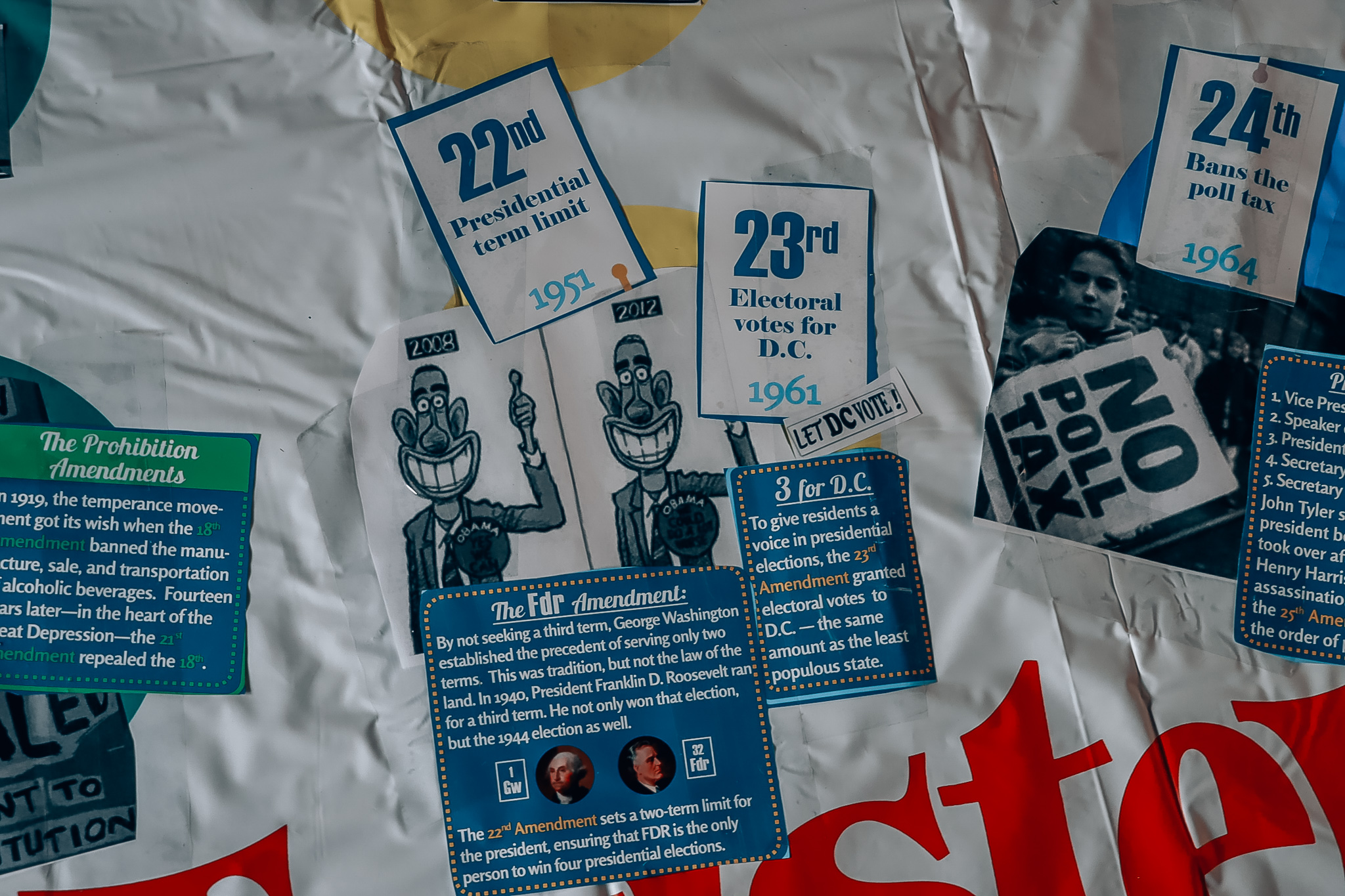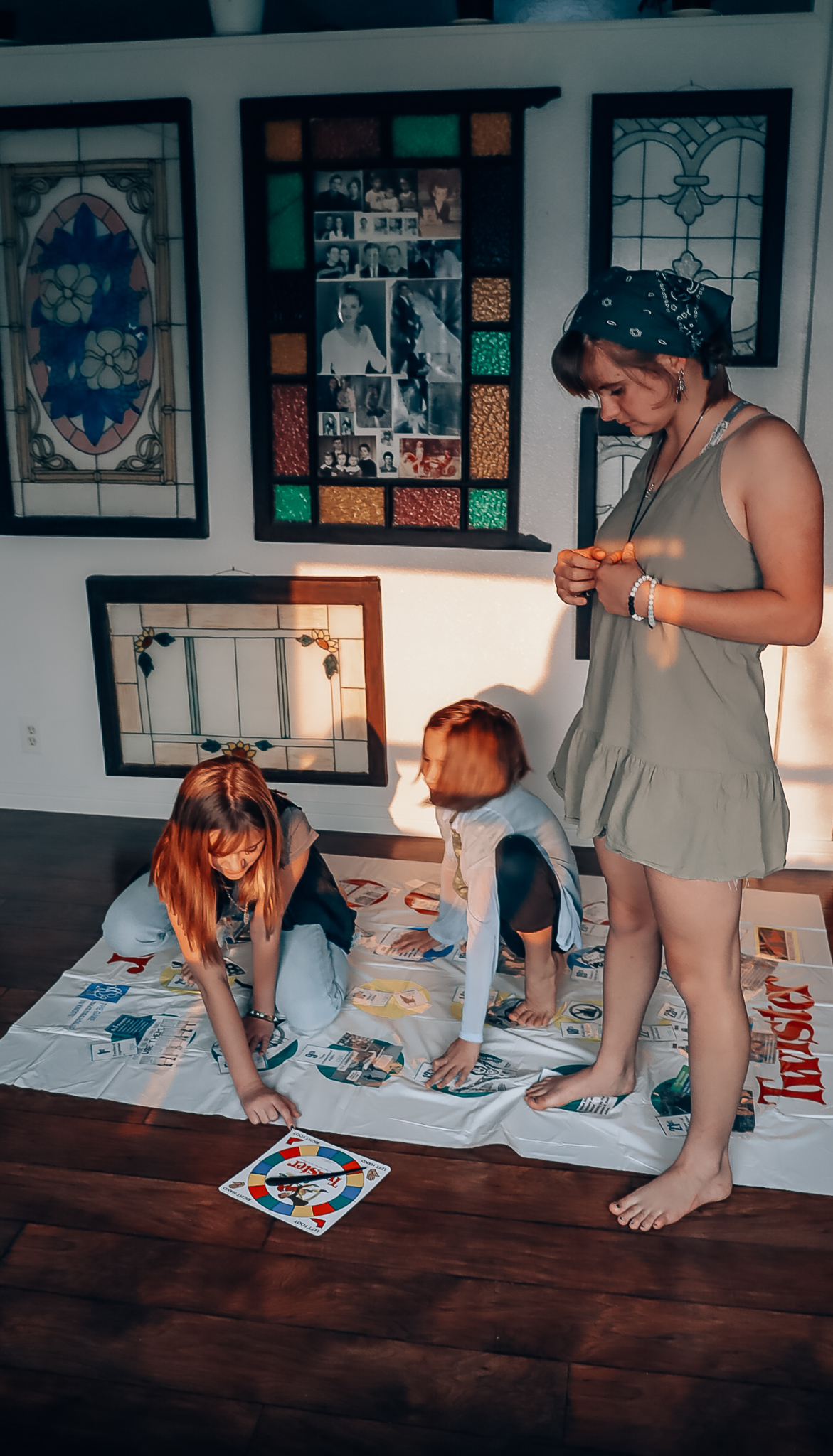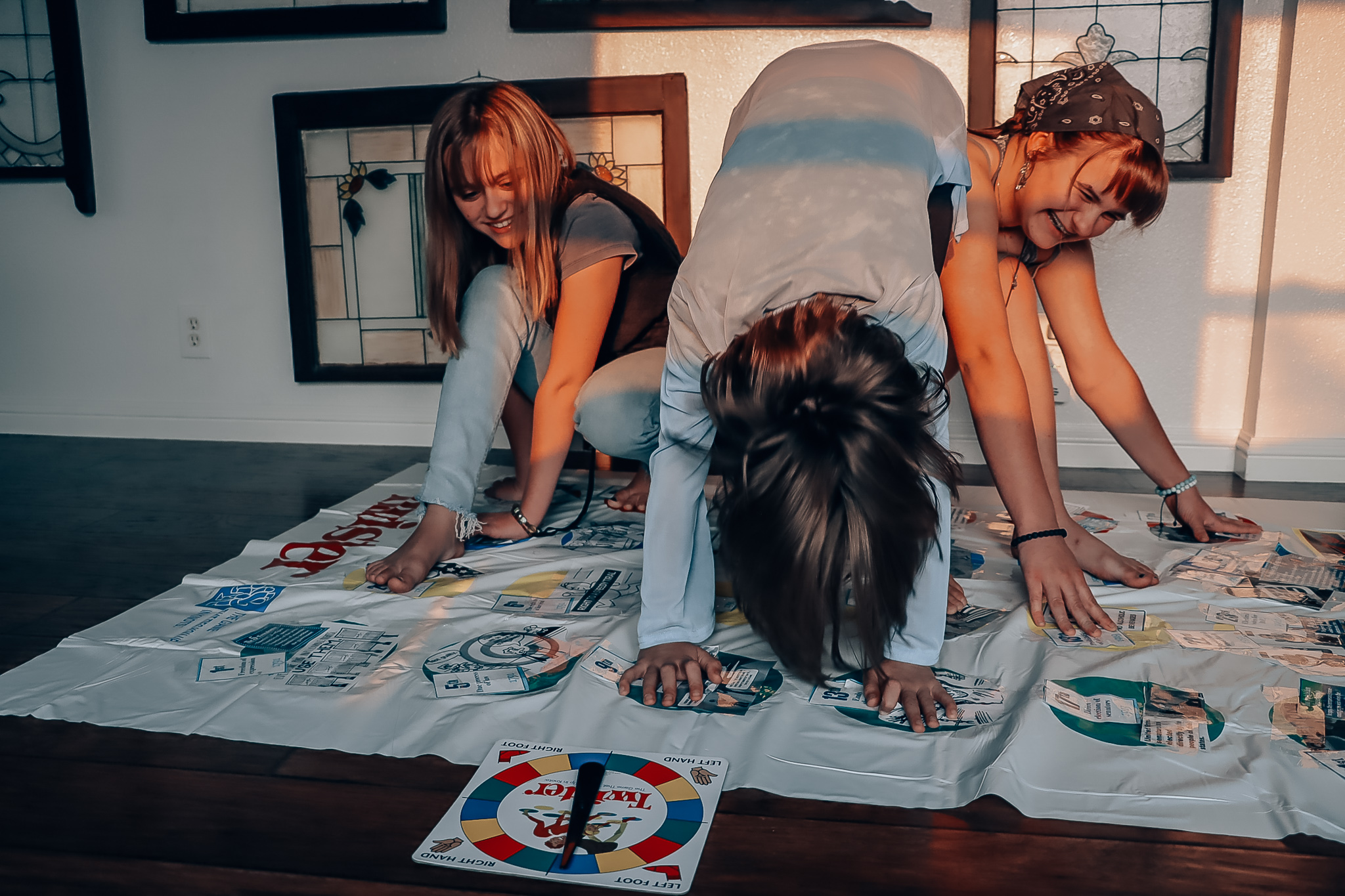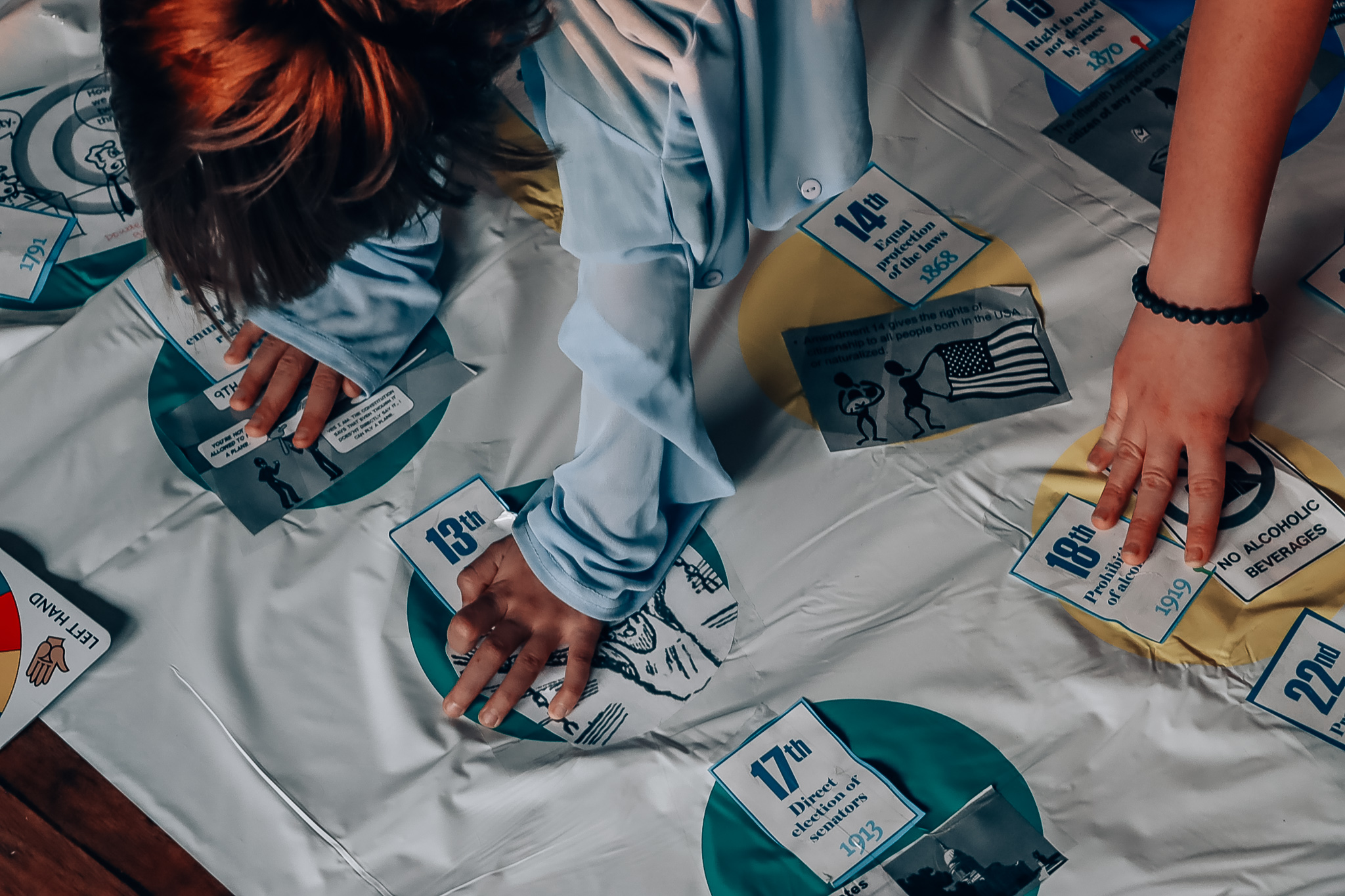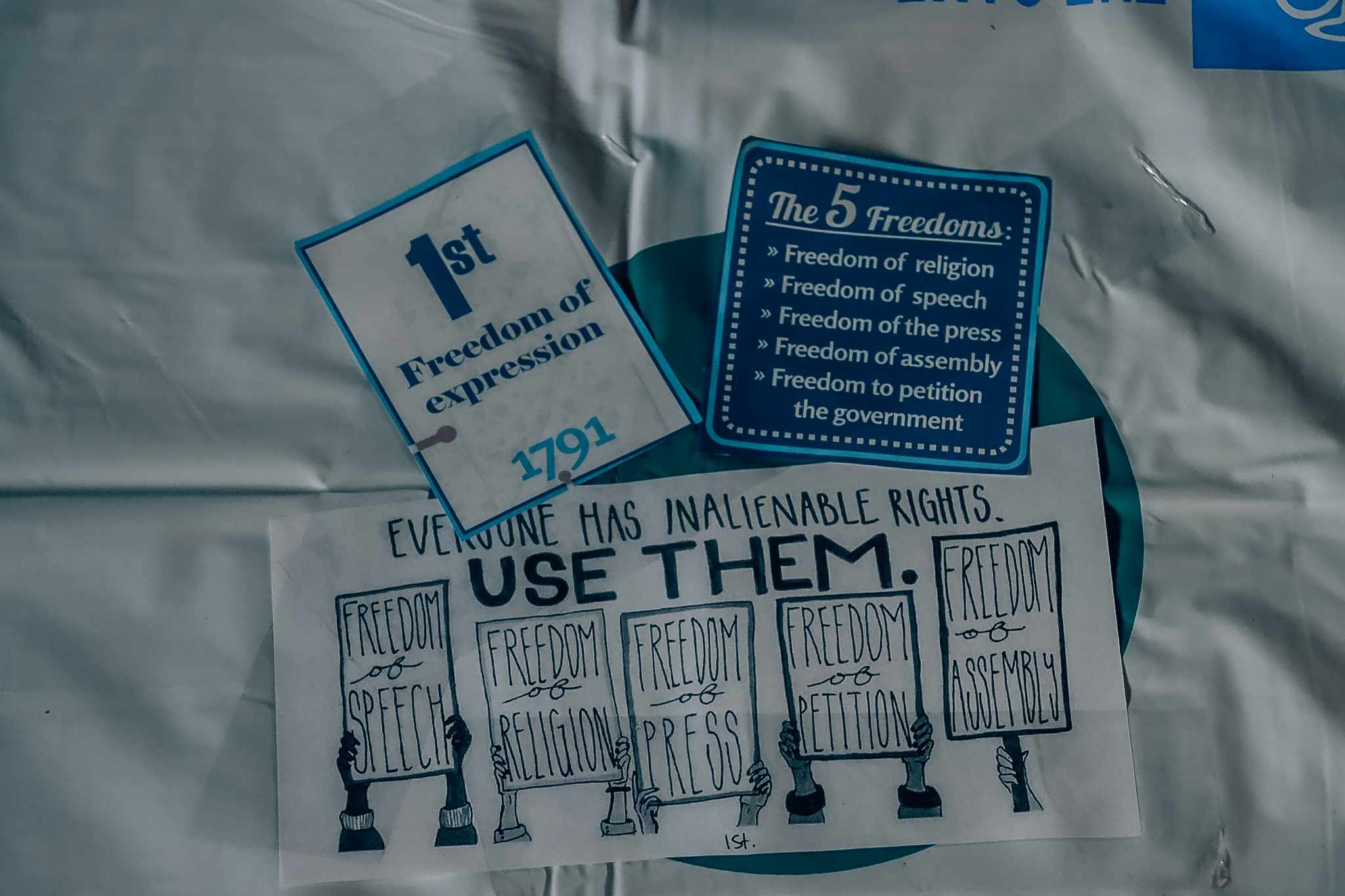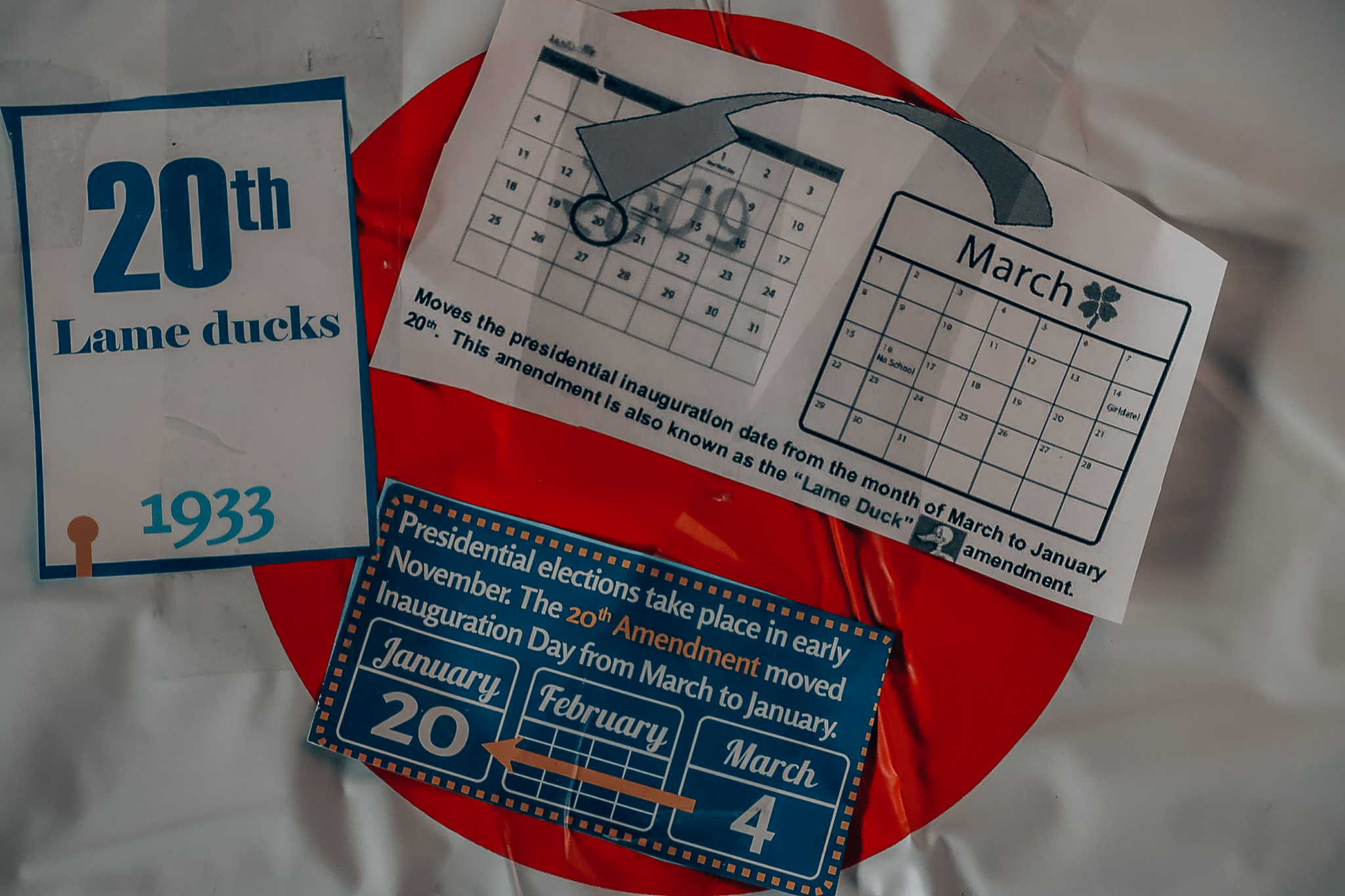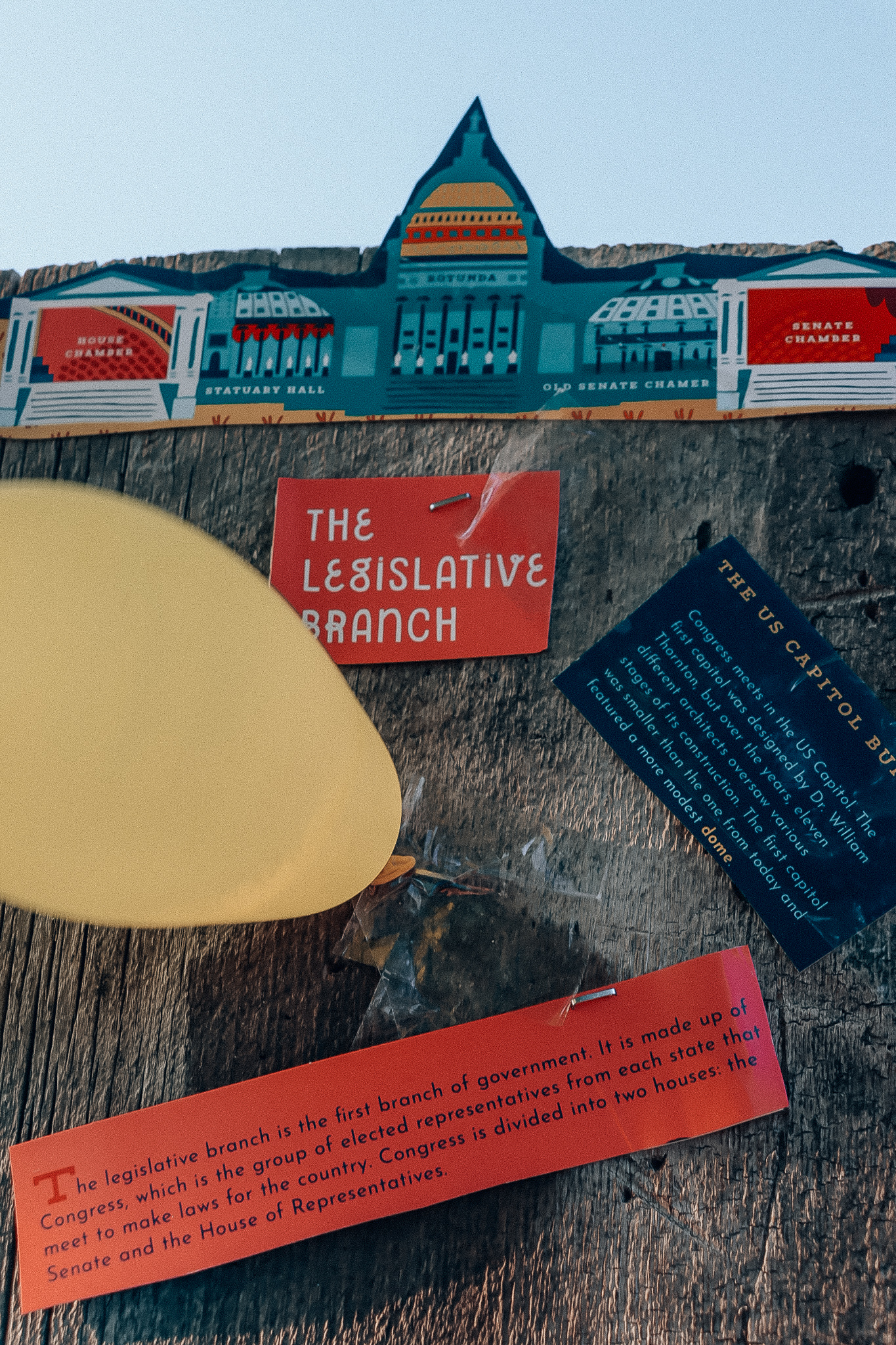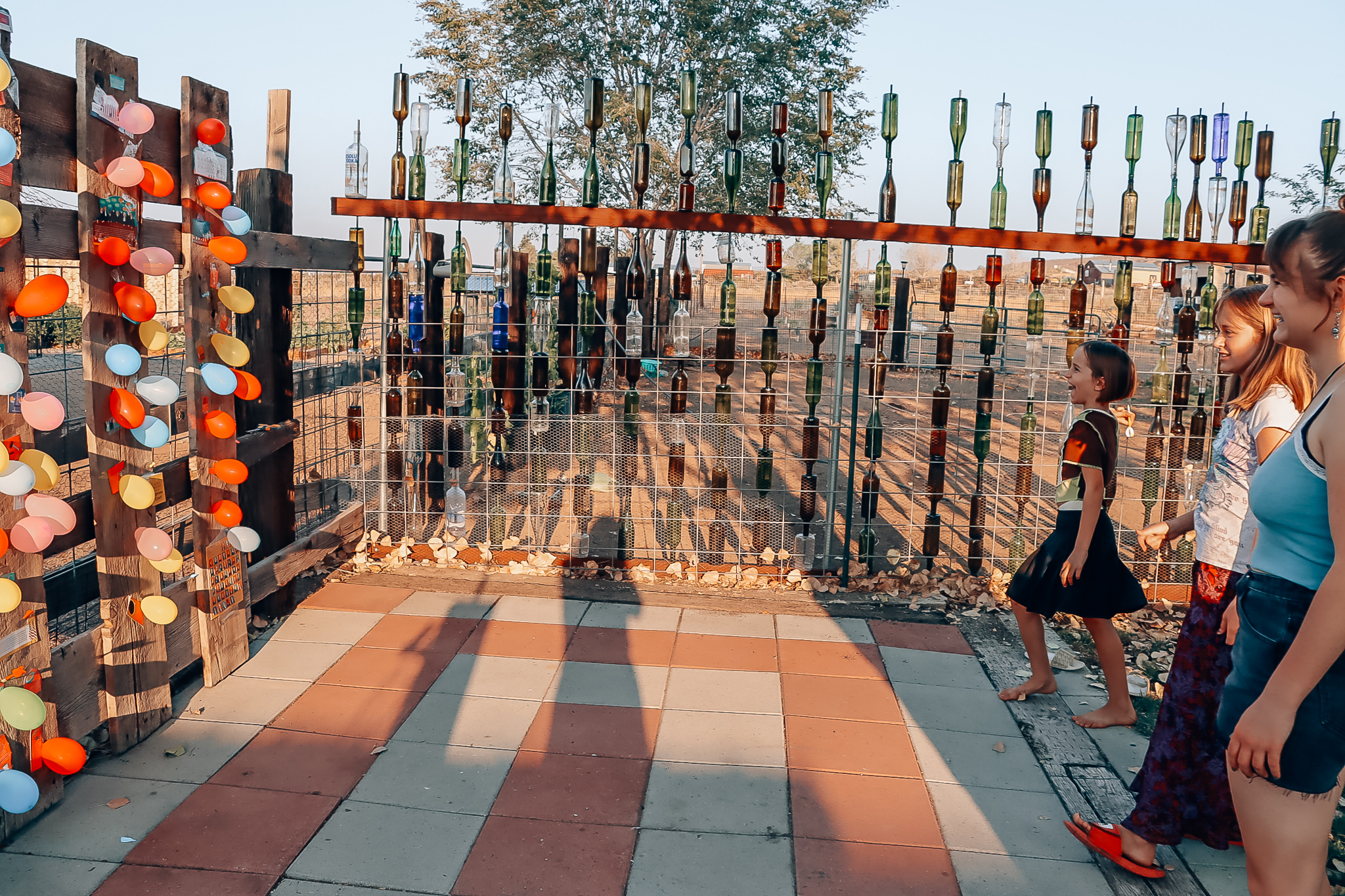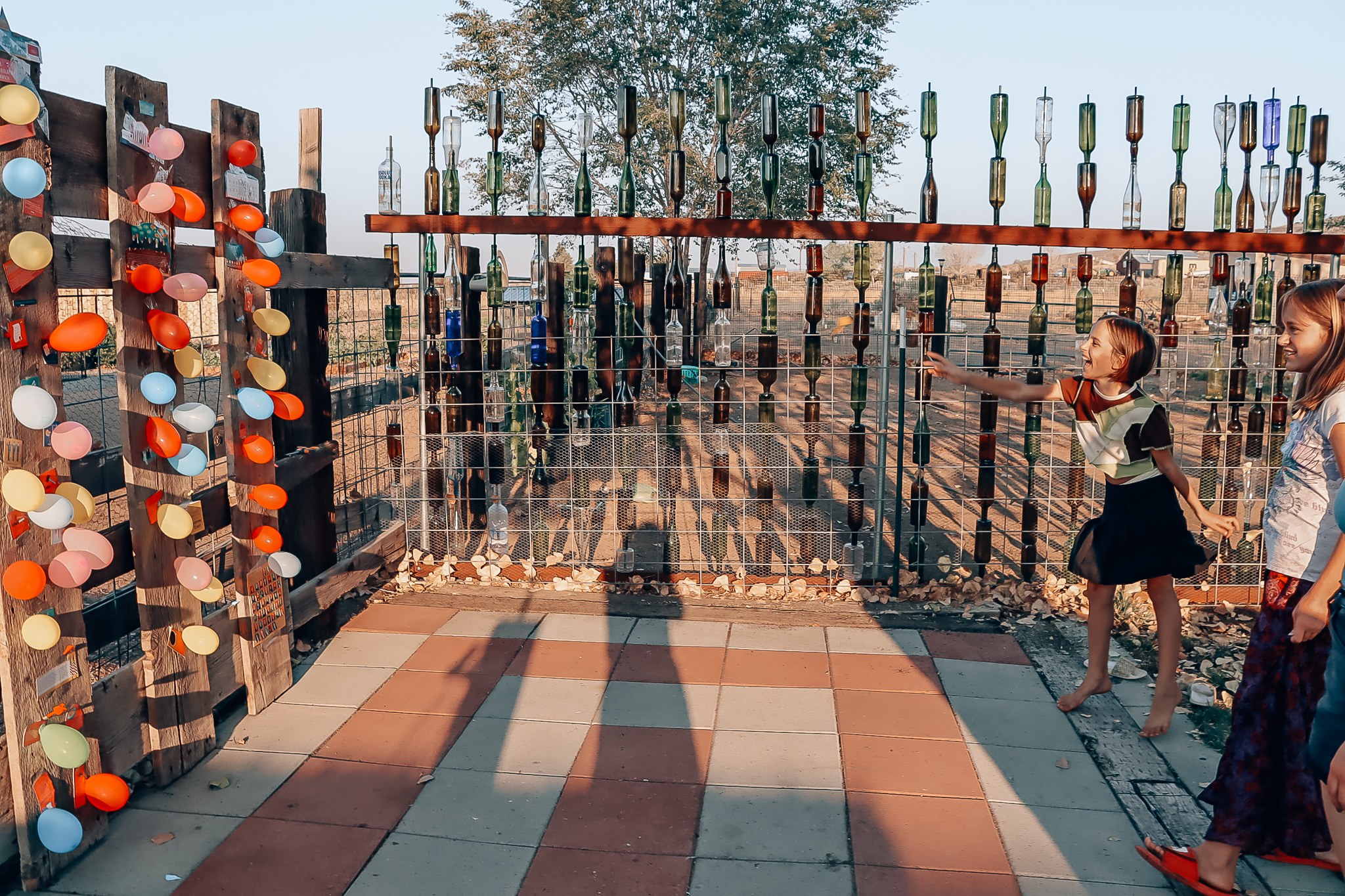“I’m Proud to be an American, where at least I know I’m free.”
I shared the above lyrics from the beautiful song God Bless The U.S.A written by Lee Greenwood on my social media, and someone responded with: “I’m proud to be a kingdom citizen where I know that my kingdom is not in a country, political party, or race but it’s in God and him alone.”
My response: ” Amen, Amen, and Amen. I could not agree more with you. God will only bless a nation when a nation loves and fears him because the beginning of wisdom is fearing the lord. If a nation has no respect for God’s commandments, then God won’t bless the nation.”
Her response: “Can you elaborate on “where at least I know I’m free? As opposed to others who aren’t?”
My response: “My father was a veterinarian in the USSR, and he lost his job because he became a Christian and would not deny Christ. My parents left their home that they built with their own hands, their dreams, their family (only our immediate family lives in America), and their country so that they could have the freedom to worship God freely. The song, I’m proud to be an American, makes me cry each time I hear it. Girl we don’t have to agree on everything. I lived majority of my life not knowing my grandparents or relatives because we moved to America. My parents worked hard to provide for us. They came to America with nothing but a big heart for the Lord and God blessed them. Nothing was handed to us. My husband’s family the same thing. We saw our parents struggle with language and the culture. But we have been able to have prayers at our home and worship freely for years.”
Her response: “Beautiful story and testimony! I’m sure God honors their hearts and yours! Thanks for clarifying!”
I’m proud to be an American. God bless the U.S.A.
If you enjoyed this post, you might like our Pregnancy Unit Study.
We the People Game
We started our unit study with this board game that we bought off of Amazon. Games always make learning more fun. In this game we learned more about American history, the American constitution, famous quotes, facts about Christianity, and information about the founding fathers. This game will make you think and laugh. It will hopefully help you realize how wonderful America is and why we should fight for our freedoms.
Do you know your neighbors? Do you say hello to them? You might want to if you plan to play this game and earn your stars.
13 States Become a Nation
These thirteen colonies united during the war in order to free themselves from the Bristish rule: Virgina, Massachusetts, Rhode Island, Connecticut, New Hampshire, New York, New Jersey, Pennsylvania, Delaware, Maryland, North Carlonia, South Carolina, and Georgia. While each of these states were so different, they knew that the only way they could become great is by forming a union. These thirteen colonies became USA on Sept. 9, 1776. Before this day the thirteen colonies were called The United Colonies.
We learned about these states by drawing the thirteen colonies on cardboard. We drew a person next to or apart of each state. Then we hanged them up so we could visually see all the thirteen states that became a nation.
Bill of Rights
We baked some sugar cookies and then used edible markers to draw the different ten bill of rights. On you-tube you can google songs or hand gestures to use so you can remember the ten Bill of Rights. Look up Amber Ethington. We learned the gestures from her.
The 1st amendment has 5 parts: freedom of religion. Point your pointer finger up to God. Freedom of speech. Put your finger to your lips. Freedom of press. Your left hand will be flat and with your right pointer finger act like it is a pen and you are writing. Freedom to assemble. Point your finger and make the movement like you’re calling someone: gathering people. Freedom to petition. With your pointer finger make the movement like you are poking someone. You are petitioning the government because you don’t like what your government is doing.
The second amendment: The right to bear arms. Using your thumb and your pointer finger point it in front of you and make a gun.
The third amendment: Make an okay sign. Your thumb and pointer fingers touch making a quarter. The remaining fingers spread apart, and those fingers represent three soldiers that are trying to get in your house without your permission, but you know that the third amendment states that no soldiers in time of peace be quartered in any house.
The fourth amendment: No search and seizer without a warrant. Bend your thumb. Hold your hand in front of you and fold those four fingers down. Now pretend you are knocking at the door. Authorities knock on your door and tell you to let them in. They can’t come in without a warrant paper.
The fifth amendment: You have the right to remain silent because anything you say can be used against you so saying less is always better than saying more. Get legal advice or ask parents first before talking to someone. Use all five of your fingers and cover your mouth.
The sixth amendment: You have a right to a speedy trial. Put out your left hand and using your right pointer finger pretend your pointing to a watch that is on your left hand.
The seventh amendment: You have the right to a trial by jury. Hold up two fingers on your left hand and your entire right hand. One of the fingers on your left represents you and the other your judge. The five fingers on the right represents the jury.
The eighth amendment: No cruel or unusual punishments allowed for a small crime. Make both your hands into fists. Put your right-hand fist on top of your left-hand fist. Move your fists back and forth touching each other. It should look like an eight. This is like you are ringing someone’s neck.
The ninth amendment: Hold up all your nine fingers. The ninth amendment states that you have other rights that aren’t listed in the constitution, so the one folded finger means you have other rights that have been left out, but it doesn’t mean it isn’t important because it was left out.
The tenth amendment: Put all your fingers up and lean back because if it isn’t listed in the constitution then it isn’t the federal government’s problem. This means it now goes to the state or the people where it is decided what should be done.
27 Amendments
We loved learning the 27 Amendments twister style. What you need is the twister game. Go online and look up different clipart for the different amendments. Then simply tape them on the different circles. There are more amendments then circles so simply add two on the last few. When a person places their hand or foot on an amendment, they have to try to say what the amendment is without looking at the clipart.
As of today, all the amendments are still active except for the 18th and 21st amendment. The first ten amendments are known as the Bill of Rights. These are rights that each individual person has.
- Freedom of speech, press, religion, assembly, and petition.
- Right to bear arms: We have the right to own our own gun and we have the right to protect our property.
- We do not have to house soldiers.
- No unreasonable search or seizures: We can feel safe in our home knowing that no one can simply enter into our home and check our home without a reasonable warrant.
- Double jeopardy law which means you can’t be tried for the same crime twice.
- Speedy and fair public trial: can’t prolong a trial and your innocent until proven guilty.
- The right to jury trial: you can take anyone to trial if the value in question is over twenty dollars.
- No cruel or unfair punishment.
- You have more rights than those currently listed.
- Any right that is not given to the federal government is given to the states and the people.
- You cannot sue a state in a federal court.
- There are separate ballots for the president and vice president.
- No slavery. Every man has the right to be free.
- You are a U.S citizen if you were born in the United States or naturalized.
- Everyone has the right to vote regardless of race, color, or creed.
- You can work at the age of 16 so you are required to start paying for income tax.
- Popular election of U.S senators.
- Prohibition to sell alcohol.
- Women have the right to vote.
- President takes office on January 20th.
- Repeal the prohibition to sell alcohol.
- The President can only serve two terms.
- Washington D.C residents have the right to vote for the president.
- Anti-Poll tax: You don’t have to pay a fee in order to vote.
- There are rules in place on who becomes president if the president dies or resigns.
- When you become 18 years old you can vote.
- Congress can’t accept a pay raise until the next term.
The Three Branches of Government
Here is a fun way to learn the three branches of government: dart balloon style. We have this wooden piece that has three different sections which worked perfect for this game. Each branch had its own row. Simply print out different facts and information about the different branches. What makes them unique? Then tape that onto a board. We blew up balloons and placed them above each information or picture. We also decided how much points each color was worth. The color balloon that we had more of was worth less points than the color we had less of. Once one of us popped one of the balloons we had to read what it said below the balloon.
There are three different branches in the government in order to divide the powers. The branches are known as the legislative branch, judicial branch, and executive branch. Each of these branches have their own jobs and each makes sure that the other two are doing what is right. This is called the separation of powers and checks and balances.
The legislative branch makes laws, and it is congress, the house of the representatives, and senate who are responsible for this job.
The executive branch carries out the laws, and it is the president, vice president, cabinet, and most federal agencies who are responsible for this job.
The judicial branch evaluates the laws, and it is the supreme court and other courts responsible for this job.
Thank you for reading our blog post.


